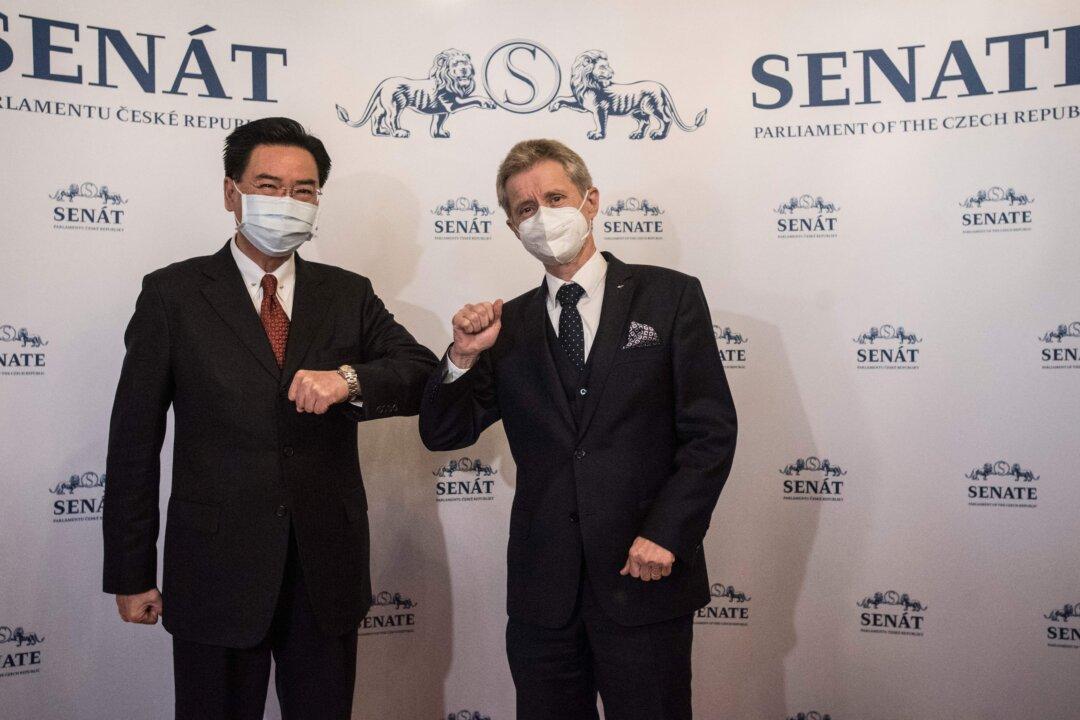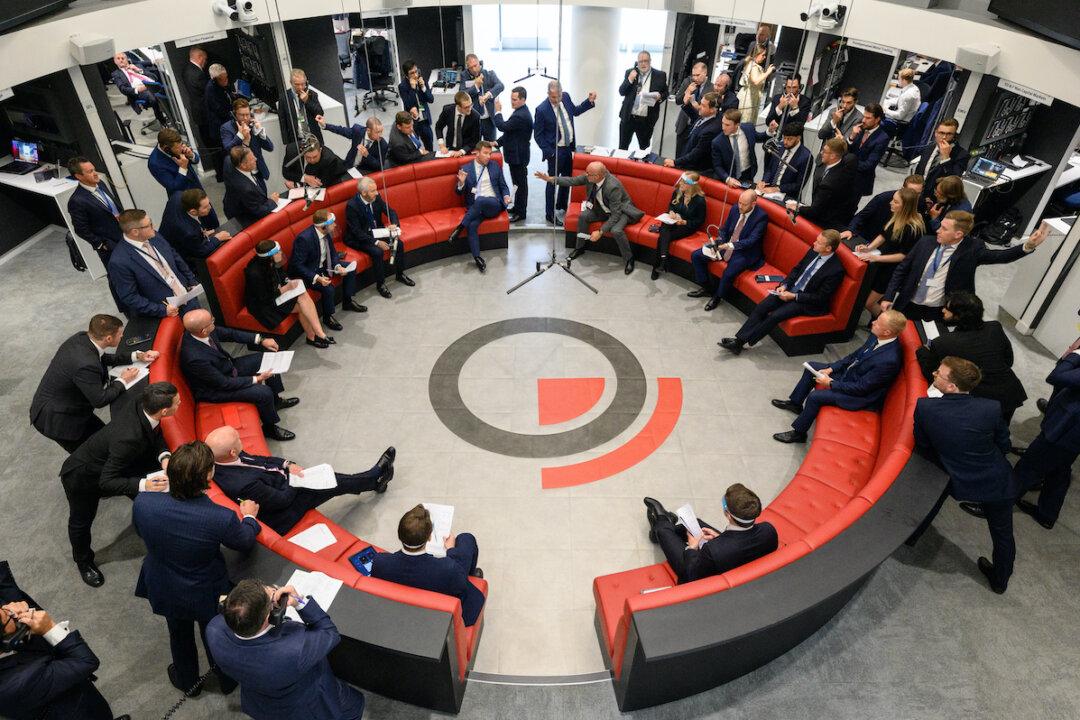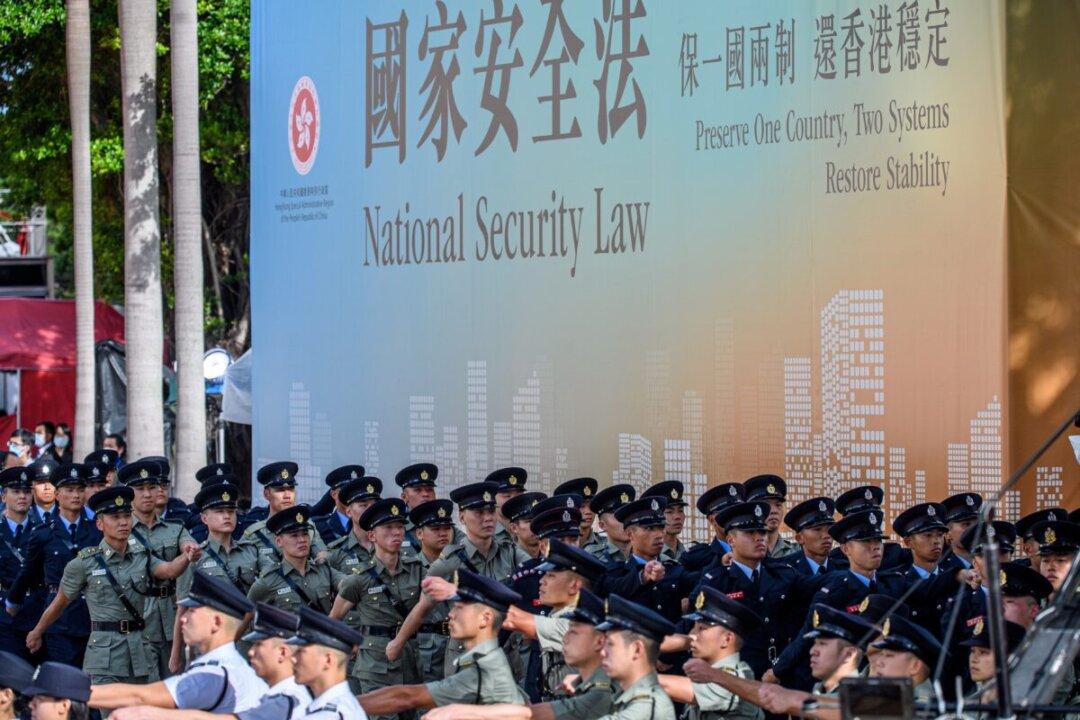Taiwanese government ministers visited Prague in late October in a move that experts said deals a blow to Beijing.
Taiwan’s Minister of Foreign Affairs Joseph Wu visited Prague on Oct. 27 and 28 on invitation after the Czech Senate Committee on Foreign Affairs, Defense, and Security passed a resolution supporting cooperation with Taiwan on innovation, trade, and investment.





